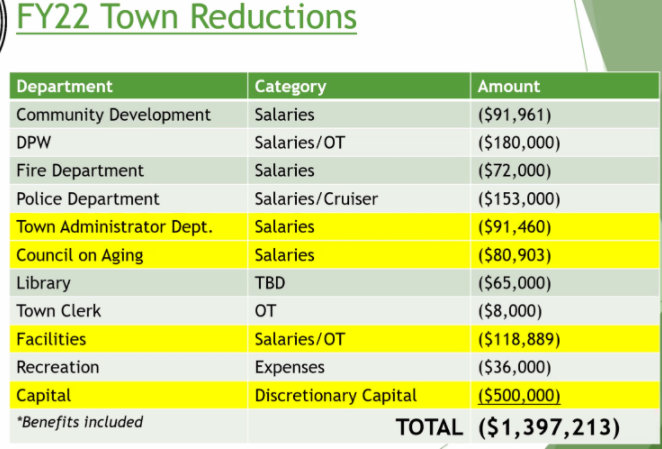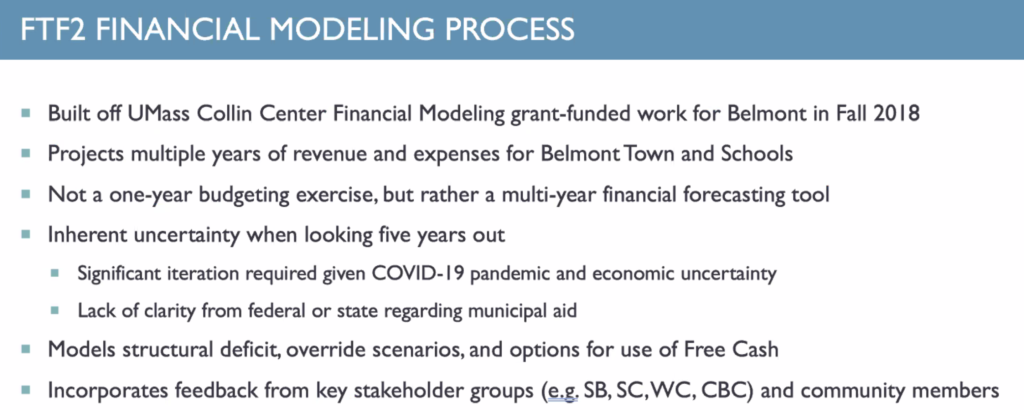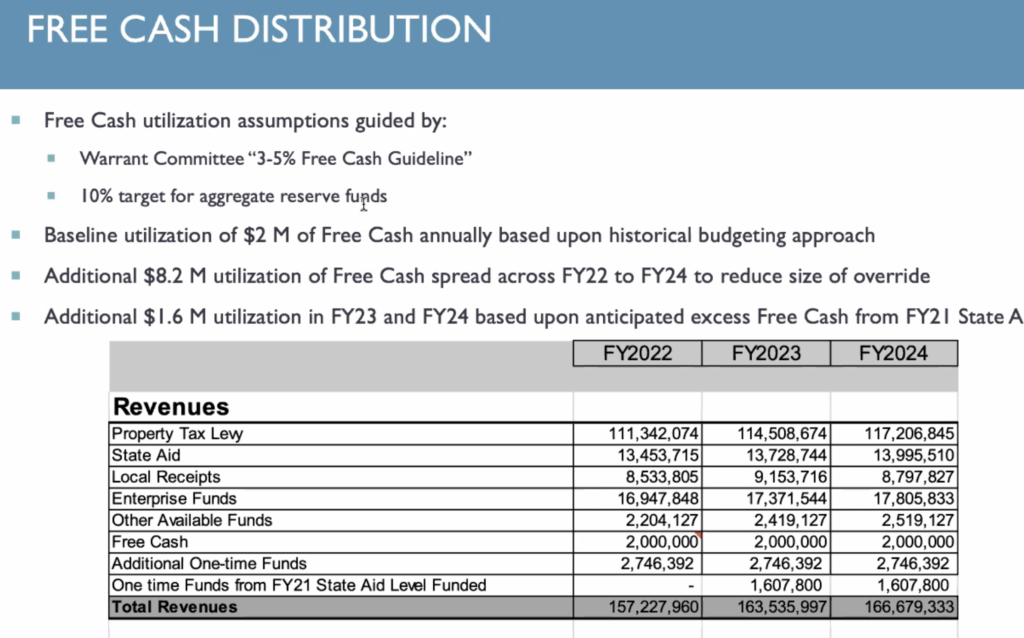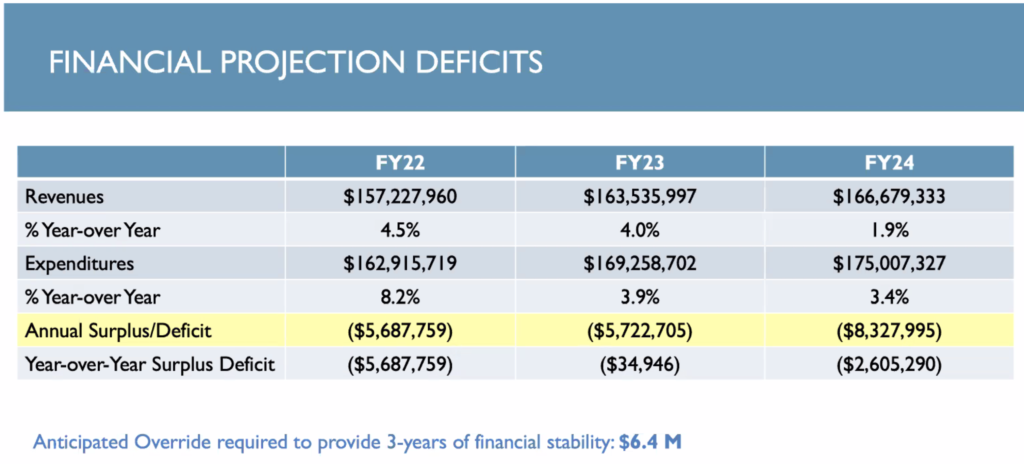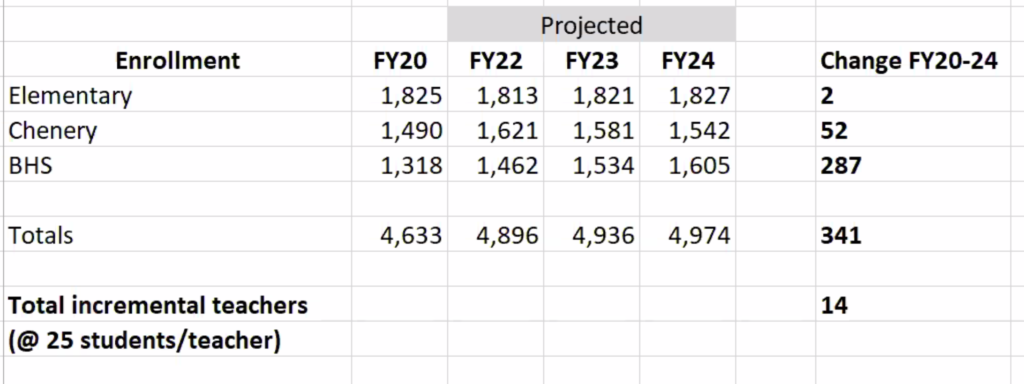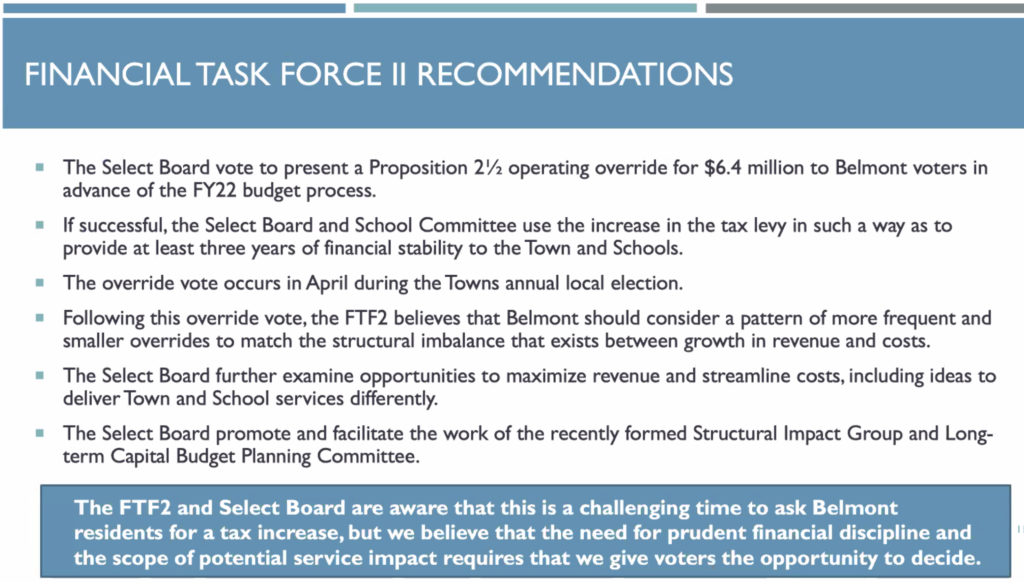Photo: Tara Donner is the incumbent in the race for a seat on the Belmont School Committee
The Belmontonian is providing candidates/campaigners of ballot questions in contested races the opportunity to make a request for votes in the final week of the election race.
All students deserve an excellent education.
This last year has created unprecedented challenges, tremendous inequities, and unparalleled obstacles for the education system beyond any we have known.
I am running for re-election to the Belmont School Committee because my role as an active public school educator teaching in the COVID environment, a BPS parent, a long-time Town Meeting Member, and an experienced School Committee member give me a unique perspective to move the Belmont Public Schools forward now and post-pandemic.
An effective School Committee member needs not only passion and ideas, but also the experience and skills to translate that passion into action. From my time growing up in Milton when I served as the student representative to the School Committee and as a 21 year-old Town Meeting Member, through my 17 years teaching middle school, and in my 20 years in Belmont, including 14 as a Town Meeting member, I’ve cultivated deep perspective about the needs of a student-centered school system. My work as a teacher during COVID is paramount to my understanding of the challenges students are facing, and their broad range of pandemic experiences. Supporting students in a virtual learning environment gives me the skill set to listen effectively to all voices, including the quiet ones, and to seek out those voices that don’t feel empowered to speak up.
The School Committee is facing many challenges. We must support the school department in executing a full return to in-person school over the next several weeks, while maintaining a meaningful remote learning program for families that need it. Even after the upcoming transition to full in-person learning, important work remains. The needs of each student will be larger than ever before, and it will take the careful oversight by experienced educators to make sure the district has a comprehensive plan of targeted support for each student. We must ensure summer school recovery programming is ready for students who have struggled this year. We must make sure that plans for the in-person opening of school for next year are educationally sound, as well as COVID-safe.
Despite the scale of immediate concerns, we cannot lose sight of the non-pandemic educational vision for our district so that we continue to build 21st century skills in our learners.
- We need to decolonize our curriculum and establish a fully inclusive, equitable, and anti-racist community. The Equity Subcommittee, which I co-founded, is a good start. I’d like to continue what we started: completing the district Equity Audit, partnering with a wider range of community members, and making sure our teaching staff reflects the diversity of our community and wider world.
- Though we successfully eliminated full-day kindergarten fees this year for the first time since the program’s inception, our fees for music, athletics, transportation, and other activities remain quite high. I’d like to make further progress reducing the undue burden of fees on families with school-age children.
- We need to ensure after-school care is fully available for any family who needs it. The after school care programs have struggled tremendously during COVID, and the School Department must work with them so families have access to the after school care they need.
- The Chenery Middle School solar array installation must be completed as one piece of the school department’s role in meeting Belmont’s Climate Action Goals.
My School Committee service has given me specific knowledge about the challenges our schools face. We need to pass the override, AND we need to resolve the structural funding deficit that limits the resources needed to educate our students and support the entire community with needed services. My years serving on Town Meeting give me a deep understanding of the budgetary needs of all the departments in town and the ways in which many of the services our town provides for all ages are impacted by limited funding. Diversifying our income stream as a town is critically important so that we can fully fund our schools and seniors can afford to stay in their homes.
None of this is easy. With your vote, I will continue to devote myself to these goals as I have for the last three years. I would be honored to have your vote on April 6th.
